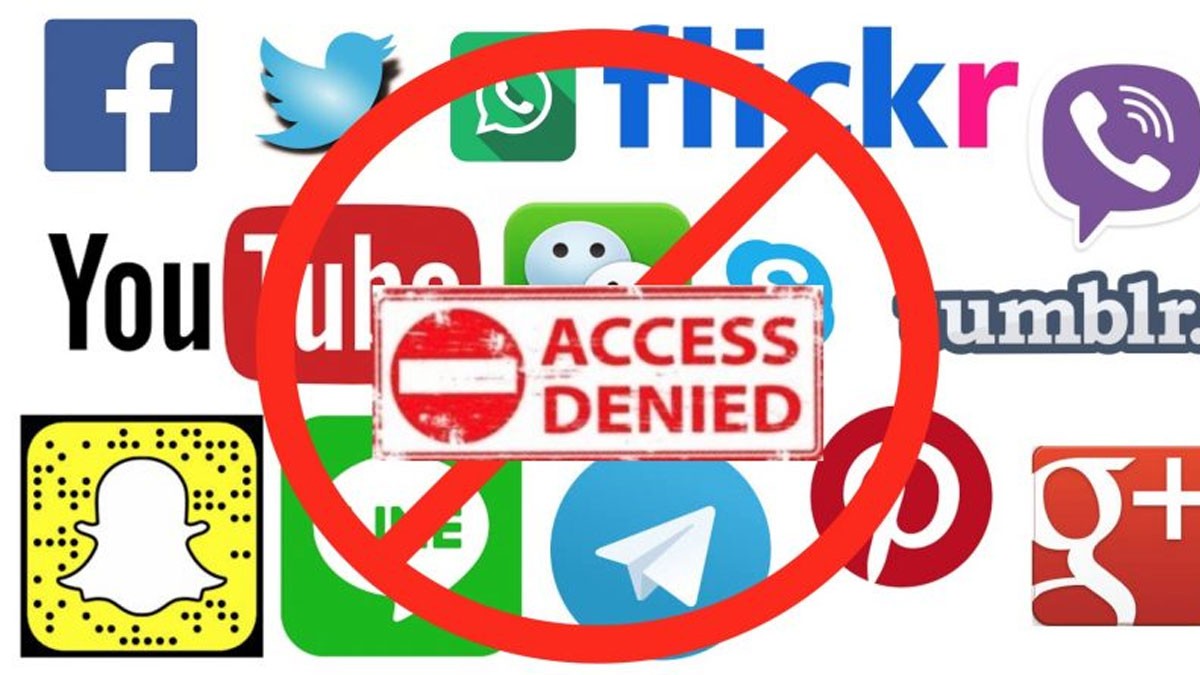
Australia has recently implemented a groundbreaking law that bans social media access for children under 16. This legislation is the first of its kind globally and aims to protect young individuals from the adverse effects of excessive social media use. These effects include mental health issues such as anxiety and depression, poor sleep quality, and exposure to harmful content. By prohibiting platforms like TikTok, Instagram, and Facebook from allowing minors to create accounts, the government hopes to create a safer online environment for children.
The ban comes as a response to growing concerns about the impact of social media on the well-being of young people. Studies have shown that heavy social media use can negatively affect mental health, leading to issues like cyberbullying, low self-esteem, and addiction. By restricting access to these platforms, Australia aims to mitigate these risks and encourage healthier lifestyles among teenagers. The new law also includes strict penalties for social media companies that fail to comply, demonstrating the government's commitment to enforcing this policy.
However, the legislation has sparked debate among the public. Some parents and child psychologists support the ban, believing it is a necessary step to protect children from the potentially harmful effects of social media. Others argue that it could limit social development and digital literacy in an increasingly online world. Critics also point out that enforcing such a ban could be challenging and may lead to unintended consequences, such as children finding ways to bypass restrictions. Despite the controversy, the Australian government remains steadfast in its decision, emphasizing the importance of prioritizing children's safety and well-being.
